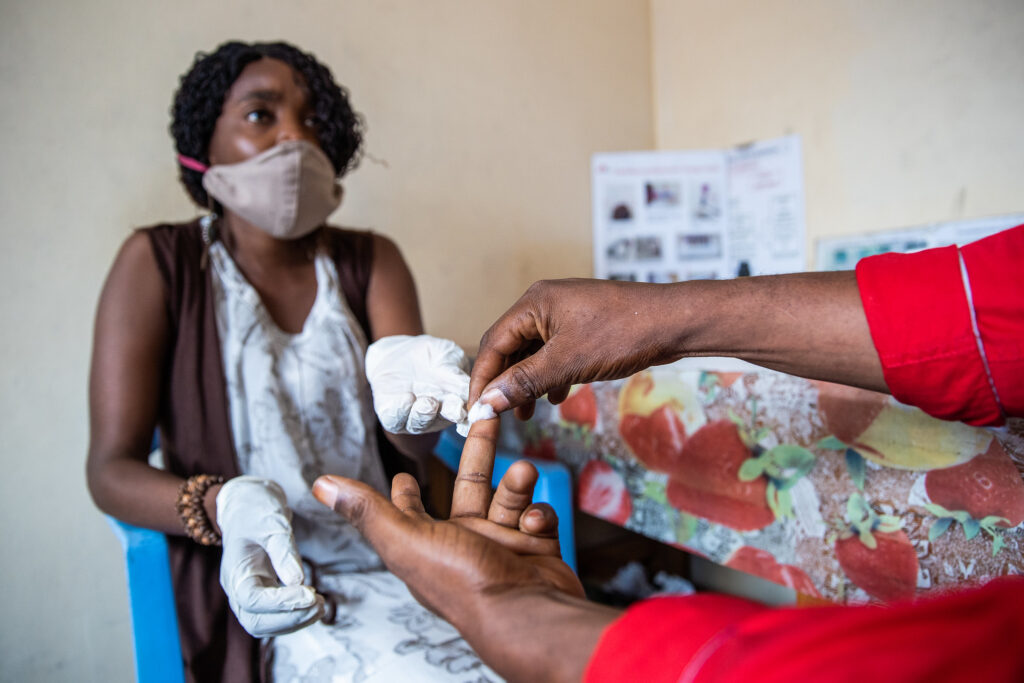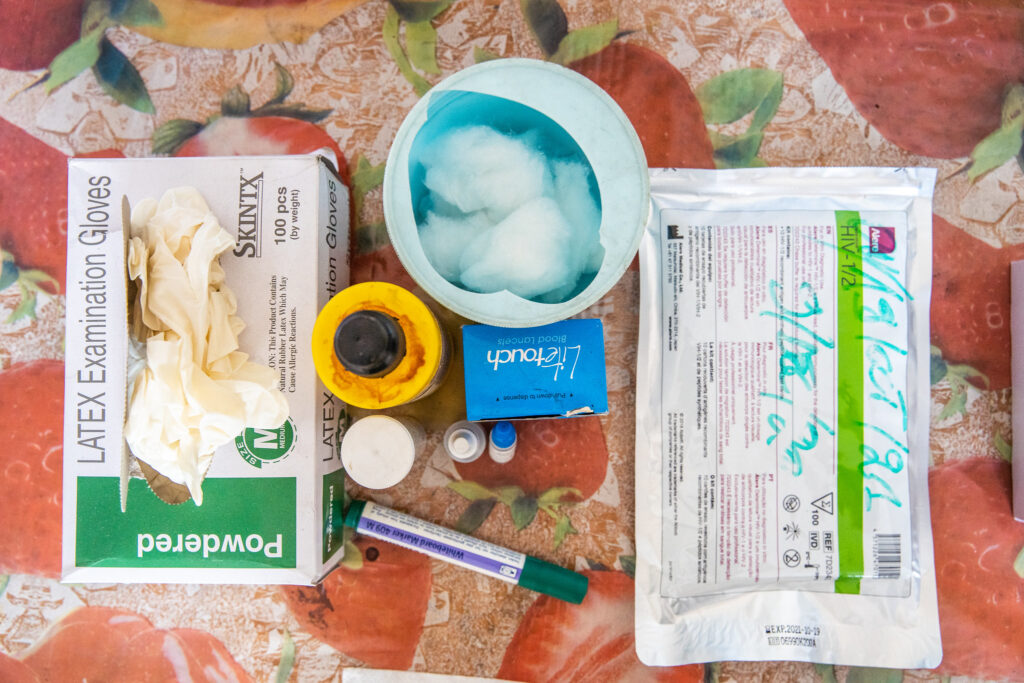Delivering health care to the farthest corners of the largest country in Sub-Sahara Africa is not a task for the light-hearted. For over ten years, Cordaid staff in the Democratic Republic of the Congo (DRC) have been doing this successfully, with the support of the Global Fund to Fight AIDS, Tuberculosis and Malaria. While the responsibility for this major health programme is being handed over to a successor, it’s time to look back at the achievements, results and some of the hurdles along the way.

As the principal recipient of Global Fund financing, Cordaid ensured the availability of quality medication across all 26 provinces of the DRC. This involved a vast logistics chain from procurement to distribution at the local level, right into the hands of patients, often in very challenging contexts.
Conflict and lack of infrastructure
‘This is a country of extremes’, Fenneke Hulshoff Pol says. Fenneke has been supporting the team in the DRC from the Cordaid office in The Hague since 2017 and frequently travelled to the programme’s locations. ‘The context varies dramatically depending on where you are. In the east, conflict is a constant threat, while in other parts of the country, things are relatively peaceful.’
Watch this video and join the distributors of crucial medications on their journey:
There is one challenge that almost the entire country is struggling with: a lack of good infrastructure. Apart from a few stretches of asphalted roads, constructed by foreign investors in recent years, most pathways through the dense forests are unpaved and virtually inaccessible in the rainy season.
‘We need to empower the country to take ownership of these health interventions.’
Constant crisis mode
‘Getting supplies to the health centres can take weeks,’ Fenneke explains. ‘We tried to reach every part of the country by creating clusters and deploying teams to remote areas, but with COVID-19 on top of everything, it felt like we were in a constant crisis mode. The project structure had to evolve continuously to adapt to the new challenges.’
The deputy project director for the programme in the DRC, Blaise Mudekereza, says the country’s bureaucracy also added to the complexity of the operations. ‘The administrative processes can be cumbersome. For example, every month, we must submit identity documents, contracts, and payment records, even for staff we’ve worked with for years. This takes time and resources that could be better spent on patient care.’
Sustainability
In addition to streamlining bureaucracy, Blaise believes that the parties involved in the programme’s continuation should make sustainability one of their top priorities. ‘We need to empower the country to take ownership of these health interventions. Currently, the government contributes less than 5% of the funding for these programmes. If external funding were to decrease, the country would struggle to maintain the progress we’ve made. Building local capacity, especially in procurement and healthcare delivery, is essential for the future.’
‘We ensured that life-saving medication got to people who otherwise wouldn’t have had access to it.’
Increasing responsibilities
After four fruitful years, the project activities expanded and the budget ballooned from around $160 million to over $230 million in 2018. A project of this size and scale comes with great responsibility and, at times, a ridiculous workload for the team, Fenneke recalls. Still, she looks back on her work for the programme with pleasure and pride. ‘We managed to reach a lot of people, particularly in the key populations.’
These are groups with an increased risk of being affected by HIV and TB: sex workers, men who have sex with men, transgenders, and prisoners. People who are also often stigmatised and have very limited access to health care.

